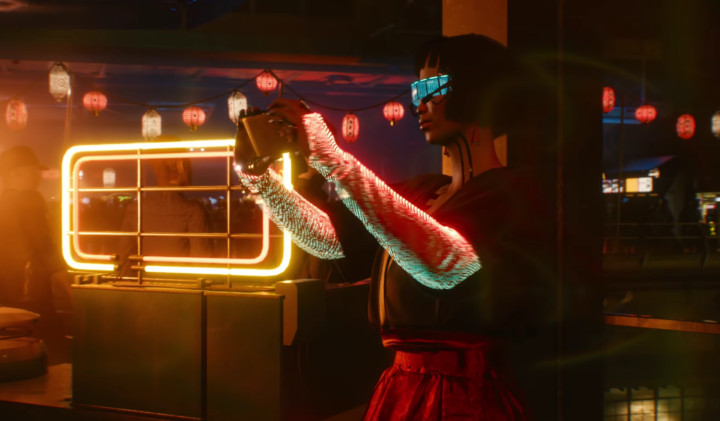
We’ve seen it time and again. In fact, in my honest opinion, we’ve seen it far too often in recent years.
Here’s the basic pattern of a triple-A video game release:
- The game is announced.
- There is some general, legitimate hype for the game.
- The coverage leading up to the game’s release is vague or suspiciously coy.
- A fever pitch is reached, with expectations soaring.
- The game releases, and it’s a far cry from what the gaming community expected.
First off, I acknowledge that video-game enthusiasts should learn to tamper their own expectations. I’ve been known to climb aboard the hype train from time to time, though I try to avoid doing so (which becomes easier as I get older).
But there is also, I think, a responsibility on the part of any video-game publisher (and their subsequent marketing arm, whether that’s outsourced or handled in house) to not let imaginations run rampant. If you’re keeping fans in the dark in order to generate more buzz and pre-order numbers, you probably already know your product will never live up to the hype.
Overhyping your product seems like a good short-term strategy — and it probably is — but it’s not sustainable over the long term.

Let’s take a look at No Man’s Sky, because so much of the game’s journey is in the rearview mirror at this point. I will point out that the No Man’s Sky development story is not over yet, but we do have years of hindsight to draw upon (unlike Cyberpunk 2077, which is the more current and egregious example).
No Man’s Sky is a noteworthy lesson in how overhyped video games can be. To be fair, Hello Games never promised the world — they did, however, fail to make any effort to temper expectations. In the long run, they fixed the game, eventually making it one of the best ongoing game projects of the last — and now current — generation. Had they learned to tamper expectations earlier, though, they could have avoided a lot of heartache, death threats, and proverbial egg on their faces.
Before we go any further, I want to make something clear. I can’t believe I even have to write this paragraph, but I bring this up because it’s a recurring theme for games that under-deliver: Death threats are never okay. And death threats are especially not okay when they’re being flung at someone who’s simply trying to make digital entertainment. If you absolutely can’t avoid making death threats, then at least save them for despots and dictators, please.
Anyway…
Anthem is another notable entry on this list, and so is Marvel’s Avengers, to varying degrees. The most recent culprit is, of course, Cyberpunk 2077, which I’ve sort of been talking around for this whole article. With Cyberpunk 2077, it really does seem like the overhype strategy was a deliberate one.

And I get the desire for companies to capitalize on user-generated fanfare and hype — this should, by all accounts, reduce the need to pump more money into the PR blitz budget if word-of-mouth hype is already doing most of the heavy lifting. It’s all part of the business, and I’m sure marketing teams are working independently from the developers in a lot of instances.
But I can see the danger as clear as anything when I look back at old No Man’s Sky footage from before the game launched. The warning signs are all there. The affable and adorable Sean Murray was being cagey about what to expect when asked directly, and being silent when an interviewer would inquire about a feature that wasn’t going to make it into the game by launch. That’s a huge part of why people got so upset.
Obviously you don’t want to get bogged down explaining step-by-step how a feature or mechanic will work; that can be boring and tedious. But when it comes to something like Cyberpunk 2077, why not be honest and upfront with your consumer base? If a video game is not going to make your toast and do your taxes for you, why not just say that? Even though it may hurt the bottom line in the short term, losing out on some of those precious, precious pre-orders, is it worth selling a bagillion copies upfront at the risk of forever tarnishing your reputation?
If you look at a recent game like Hitman 3, their marketing was well-tempered and concise. And, initial game server issues aside, they delivered a game that was pretty much exactly what was expected (though I admit that Hitman 3 was pretty much just more Hitman, and that’s all that anyone really wanted). If it’s as easy as IO Interactive made it look with Hitman 3, why do so many other companies get it so wrong?
More importantly, why do we — a perpetually scorned consumer base of video-game enthusiasts — keep falling for the same crap? Are we ever going to learn?